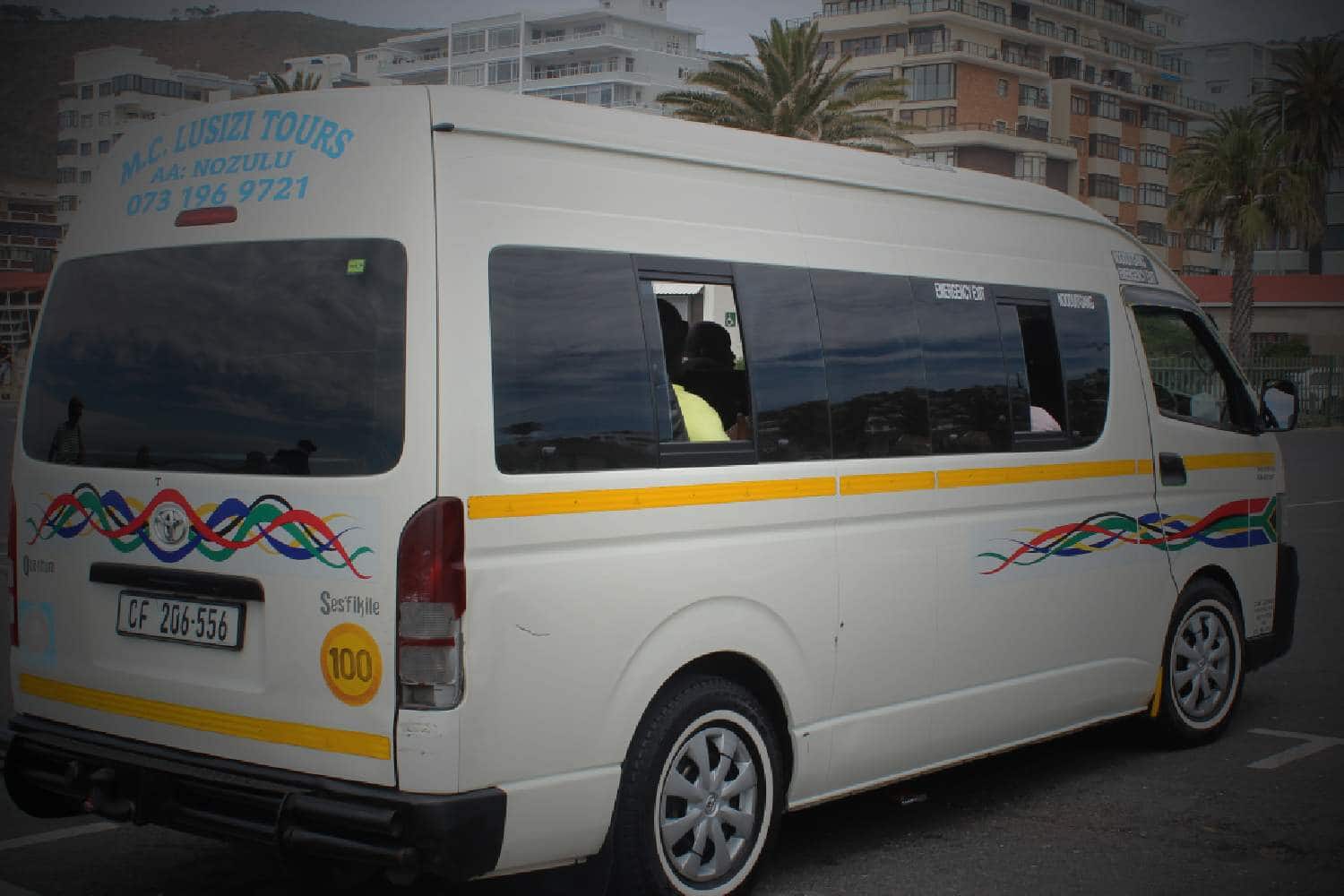A new 30-day taxi shutdown could soon be imposed in Cape Town, as rival taxi associations CATA (Cape Amalgamated Taxi Association) and CODETA (Cape Organisation for the Democratic Taxi Association) continue to struggle to find common ground in their long-running dispute over operating routes.
According to Western Cape Mobility MEC Isaac Sileku, the provincial government is considering extending the closure of several major taxi routes linking Khayelitsha, Mfuleni, Strand, and Somerset West.
The first 30-day shutdown, ordered by the courts, ended this week — but Sileku said tensions between the two associations remain high, with no formal peace agreement in place.
A “taxi shutdown” means that certain routes are legally closed for taxi operations. Drivers cannot pick up or drop off passengers along those roads until the government lifts the restrictions.
The closures are meant to reduce violence and intimidation while the disputes between taxi associations are resolved.
Sileku has given both CATA and CODETA until 15:00 SAST on Friday, 17 October 2025, to explain why he should not extend the closure for another month.
“We are looking for a clear commitment from them to work with government to resolve these issues,” he said.
“While we are looking for solutions, there should be no killings or acts of intimidation.”
The Western Cape government first implemented the closures in September after a series of deadly shootings linked to the taxi turf war. At least eight people were killed in the violence, which officials say was driven by disputes over who controls certain profitable routes.
CODETA spokesperson Makhiosandile Tumana said that the only way forward is for a neutral party to intervene.
“CATA and CODETA are in the centre of this dispute — one side is benefiting and the other is demanding,” he said.
“That is where the challenge lies. It won’t be easy to find a solution between CATA and CODETA. That’s why we support an independent mediator who can help us resolve the issues.”
CATA representative Nkululeko Sityebi said his association could only discuss peace efforts after its internal elections, which are scheduled for next week.
“There might be a direction by mid-week,” he said.
“But right now, our focus is on finalising our elections so that we have a properly structured leadership that can tackle these issues.”
MEC Sileku has since published a notice of intent in the Provincial Gazette, stating that the root causes of the conflict remain unresolved, and that continued violence and threats have made it unsafe for commuters.
He said the extension is being considered “to prevent further bloodshed while talks continue.”
If the shutdown is extended, the restrictions will come into effect on Saturday, 18 October 2025. Both CATA and CODETA have indicated they are holding meetings to decide how to respond to the government’s ultimatum.
The impasse between the two associations has had a major impact on thousands of commuters, many of whom depend on taxis to travel to work and school in the affected areas.
For residents of Khayelitsha and Mfuleni, the shutdown means longer travel times, higher transport costs, and overcrowding on alternative routes such as Golden Arrow buses and MyCiTi services.
While some community leaders have welcomed the government’s efforts to prioritise safety, others have called for a permanent solution to the recurring disputes between taxi associations.
“People are tired of living in fear,” said one local commuter.
“Every few months there’s another closure or shooting. We just want to travel safely.”
Sileku is expected to make a final decision on the shutdown late on Friday afternoon, after reviewing feedback from both associations.
